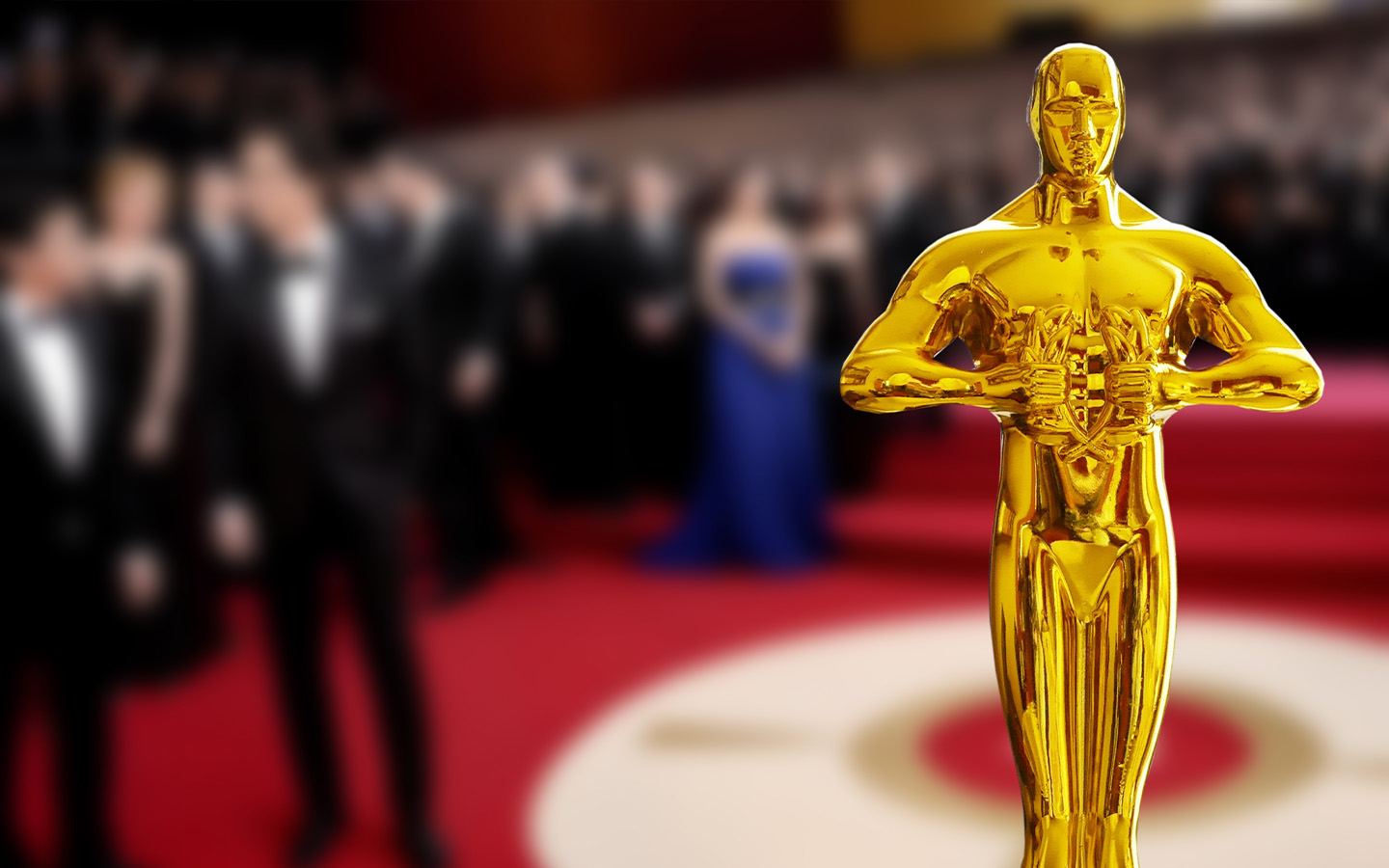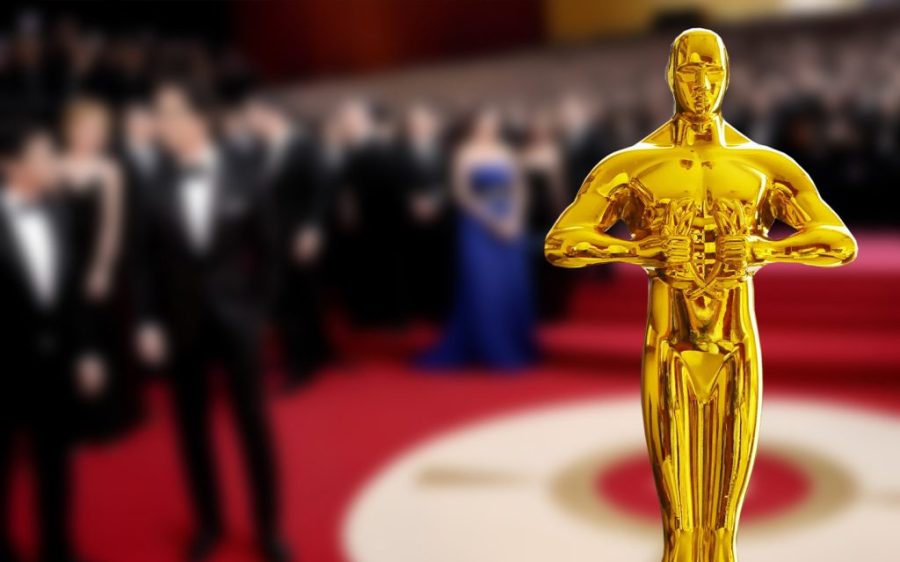Films made with the help of artificial intelligence (AI) will now be eligible to win Oscars, an apparent blow to the many human creators who’ve campaigned against the technology in recent years.
The Academy of Motion Picture Arts and Science, the organisers behind the prestigious American film awards, issued new rules on Monday, the BBC reports. They state that use of generative AI and other digital tools would “neither help nor harm the chances of achieving a nomination” although judges will take into account “the degree to which a human was at the heart of the creative authorship.”
The Academy almost went further by mandating filmmakers to disclose whether they used AI – but has evidently decided to leave such disclosures optional.
Generative AI, used to create text, images, audio and video, made a splash at this year’s Oscars, held in March, as Adrian Brody took home the Best Actor award for The Brutalist – his performance enhanced by an AI that improved his Hungarian accent in the film – and Emilia Pérez won Best Musical, using similar voice-cloning technology to enhance singing voices.
[See more: A newspaper entirely generated by AI has been published in Italy]
The new rule is the first on AI from the Academy since actor and writer strikes in 2023 brought the industry to a near standstill. Amid demands for proper compensation and better working conditions, the actors involved in those strikes expressed deep concern for the rise of generative AI, which could use their work, even their face, voice and likeness, while cutting them out of the process completely.
Writers meanwhile worried studios would opt for AI to cut costs, using tools like ChatGPT for things like research, treatment and script writing. A member of the Writers Guild of America (WGA) negotiating team told The Hill at the time: “Our AI concerns kind of feel like a meteor that’s headed towards us.”
Agreements reached between the unions to end their respective strikes included new safeguards around the use of AI. SAG-AFTRA, the union representing around 160,000 film, television and radio artists globally, succeeded in establishing four pillars around the use of generative AI: transparency, consent, compensation and control. Similar protections were secured for WGA members as well, giving them more control and transparency, while protecting their credits, rights and material.While a far cry from the concerns raised by creative unions or ChatGPT stealing an actor’s iconic voice (after she had explicitly declined the project), the examples from this year’s Oscars raise different concerns. Films like The Brutalist and Emilia Pérez speak more to the use of generative AI to deliver improvements that require nothing of the actors. Whether it’s polishing a vocal performance, or de-aging Robert DeNiro in The Irishman, AI in movies appears to be here to stay. And to win, if the Academy has anything to say about it.






